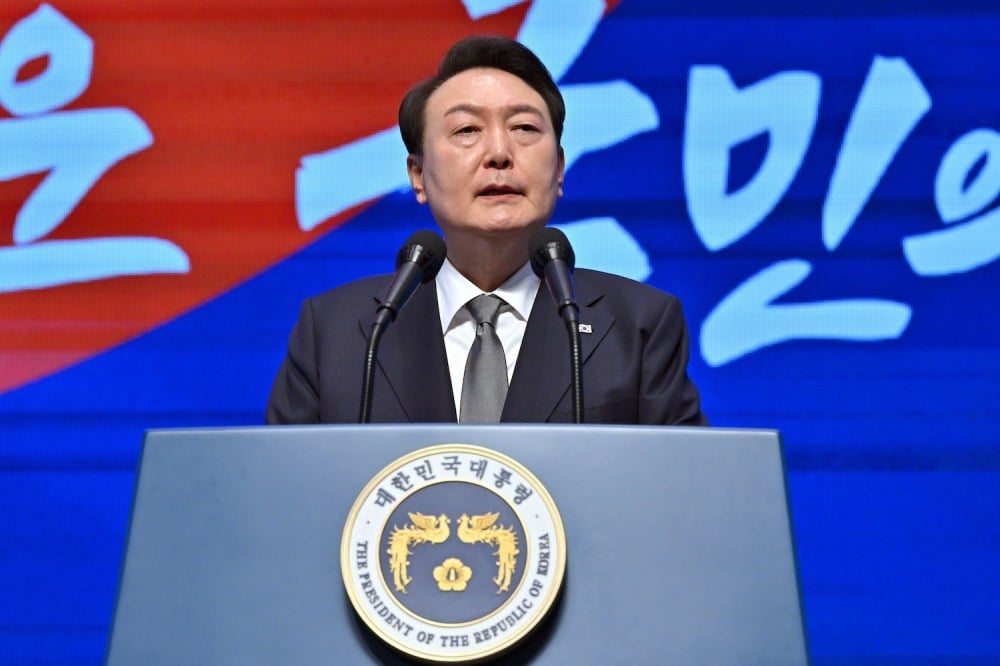In April 2024, South Korea's political landscape witnessed a dramatic shift as the opposition Democratic Party achieved a landslide victory in the legislative elections. This outcome not only sent ripples through South Korea’s domestic policies but also signaled potential shifts in its foreign relations.
The Democratic Party’s overwhelming success in the elections marked a significant defeat for President Yoon Suk-yeol and his ruling party. The opposition's victory was comprehensive, securing a substantial majority in the National Assembly, which is poised to challenge President Yoon’s future agenda.
South Korea operates under a system where the President, although powerful, relies heavily on the National Assembly for legislative support. This balance makes general elections particularly significant as they can alter the trajectory of both domestic and foreign policies.
The 2024 elections were seen as a critical test for President Yoon, whose administration has been grappling with issues such as economic instability, rising housing costs, and societal divisions. The results suggest a public call for change, prioritizing economic reforms and more balanced policy-making.
The new political configuration in the National Assembly presents substantial challenges for President Yoon, especially in his domestic agenda. With the opposition in control, legislative gridlock could become the norm, stifling Yoon’s initiatives on economic reforms and social policies. Domestically, this may lead to a slowdown in proposed reforms, particularly those requiring broad legislative consensus.
Internationally, the election results could reshape South Korea's interactions on the global stage. Relations with key neighbors like Japan and North Korea may see new strategies, influenced by the opposition's policy stance. Additionally, the United States, a close ally, will closely monitor these changes, particularly in regards to security and trade policies in the region.
Looking forward, South Korea stands at a crossroads. The election results have not only reshaped its domestic politics but also its international relations. How President Yoon and his administration respond to this new political reality will be crucial. The global community remains keenly interested in South Korea’s strategic decisions, which will impact regional stability and international economic ties.
In conclusion, the 2024 South Korean elections have set the stage for significant changes. The Democratic Party's victory is a clear message from the public, demanding a shift in policy focus and governance style. As South Korea navigates these changes, the effects are likely to resonate well beyond its borders, influencing regional alliances and global economic patterns.









